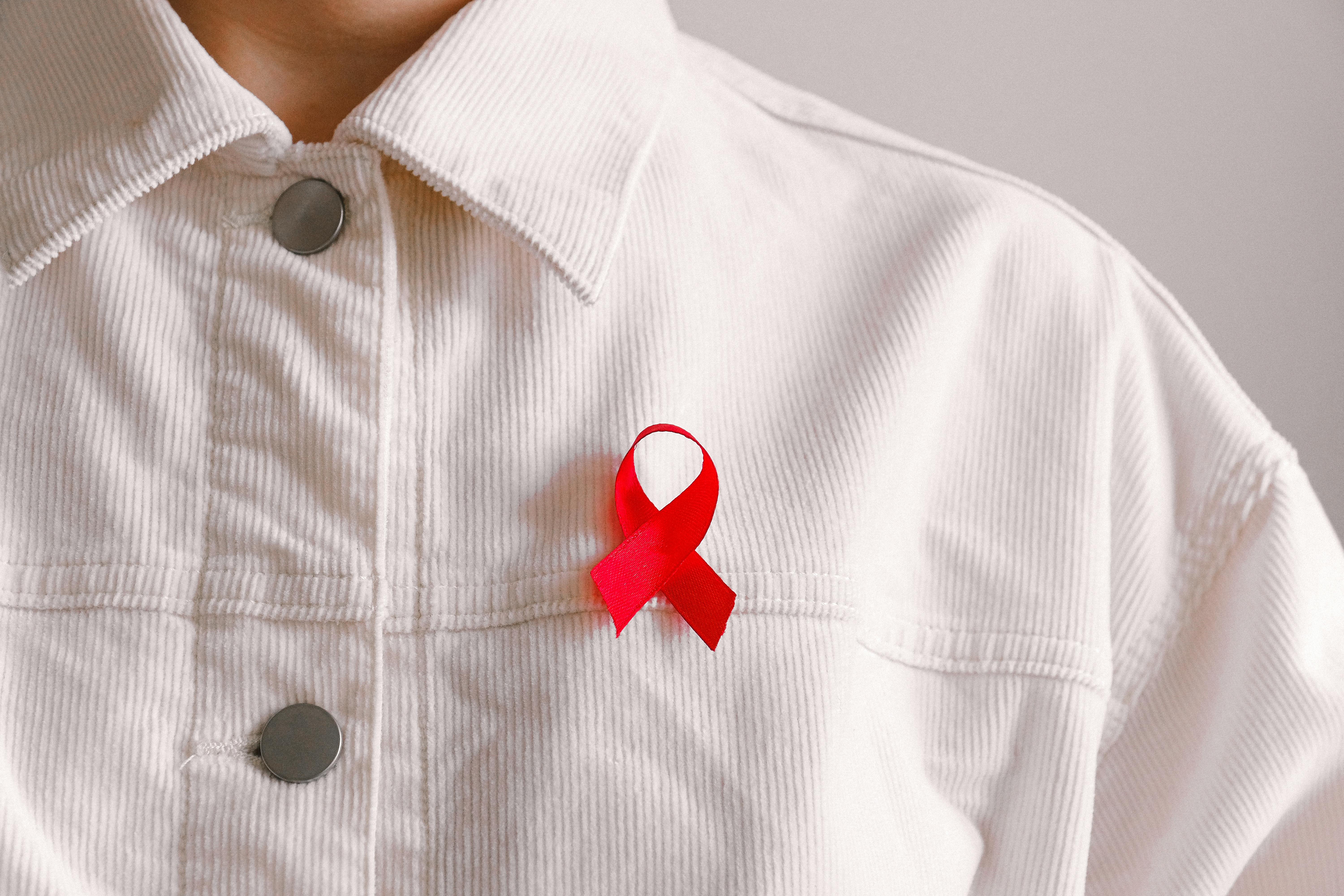News release
From:
First report of its kind describes HIV reservoir landscape in breast milk
In the first report of its kind, researcher from the University of Buenos Aires evaluated the HIV reservoir in the breast milk cells of two women living with HIV (WLWH) who had been on successful long-term treatment. While the researchers did not find any signs of intact or active HIV that could potentially cause infection in others, the risk for transmission in breast milk could not be entirely ruled out. According to the researchers, studies like this one are increasingly important as infant feeding guidelines for people LWH continue to change. The brief research report is published in Annals of Internal Medicine.
The idea that "Undetectable = Untransmittable" (U=U) means people with HIV who have an undetectable viral load can’t pass on the virus. However, this principle hasn't yet been proven for breastfeeding, as there's still a very small risk of transmission. For many years, guidelines in wealthy countries focused on avoiding any risk, even tiny ones, by discouraging breastfeeding for people with HIV. Recently, guidelines like the Swiss guidelines and those in the U.S. have started to consider the importance of making informed, shared decisions between patients and doctors.
The researchers evaluated free virus and cell-associated HIV DNA in breast milk over the first 7 weeks of lactation from an exceptional elite controller (the “Esperanza” patient) with 9 years of spontaneous viral control, from a WLWH receiving ART (abacavir– lamivudine–dolutegravir) with undetectable viral loads for more than 5 years, and a control patient. Very low levels of cellular HIV DNA (0.08 to 0.74 HIV DNA copies per million cells) were detected in the women with HIV; after analyzing 14 million cells from the elite controller, the researchers detected no HIV provirus by full-length individual proviral sequencing, and in 11 million cells from the woman receiving long-term dolutegravir, they detected only 4 defective HIV copies with large internal deletions. According to the authors, these data are reassuring and support the revised recommendations on infant feeding by PLWH in high resource settings.



 Australia; International; NSW
Australia; International; NSW



